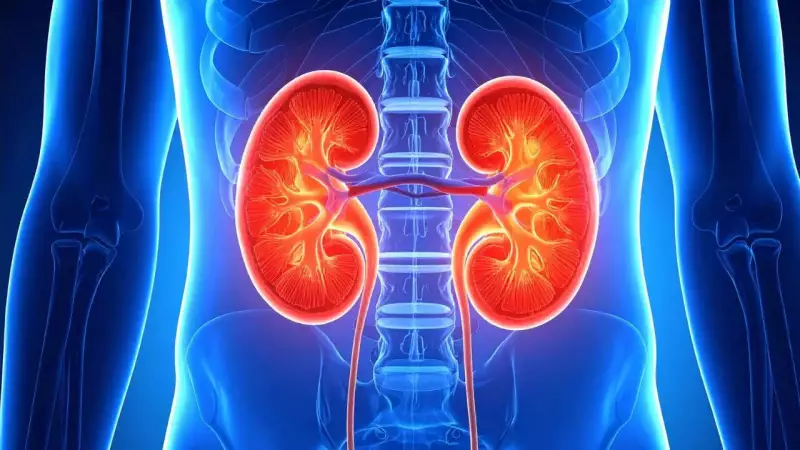
In the realm of health terminology, confusion often arises between "renal failure" and "kidney failure," leaving many wondering if they represent the same medical condition. The truth might surprise you, and understanding this distinction could be vital for your health journey.
The Medical Terminology Unveiled
Here's the fundamental truth: renal failure and kidney failure are identical conditions. The term "renal" simply derives from Latin, meaning "related to the kidneys," while "kidney" comes from Old English. Medical professionals typically use "renal failure" in clinical settings, whereas "kidney failure" serves as the more common, patient-friendly term.
When Your Kidneys Sound the Alarm: Recognizing the Symptoms
Kidney failure often manifests through subtle signs that many people mistakenly attribute to less serious conditions. Being aware of these warning signals could lead to earlier intervention and better outcomes:
- Persistent fatigue and weakness that doesn't improve with rest
- Swelling in ankles, feet, or around the eyes due to fluid retention
- Significant changes in urination patterns, including frequency, color, or foaminess
- Shortness of breath even during routine activities
- Persistent nausea and loss of appetite
- Confusion or difficulty concentrating
- High blood pressure that's difficult to control
The Underlying Culprits: What Causes Kidney Failure?
Chronic Conditions Leading to Kidney Damage
Several long-term health issues significantly increase the risk of developing kidney failure:
- Diabetes: The leading cause of kidney failure worldwide
- High blood pressure: The second most common cause
- Glomerulonephritis: Inflammation of the kidney's filtering units
- Polycystic kidney disease: An inherited condition causing cyst formation
Acute Triggers That Can Damage Kidneys Suddenly
Sometimes, kidney failure develops rapidly due to:
- Severe dehydration or significant blood loss
- Certain medications and toxic substances
- Urinary tract obstructions
- Severe infections affecting the entire body
Protecting Your Kidney Health: Prevention Strategies
While not all kidney disease is preventable, you can significantly reduce your risk through these proactive measures:
- Manage underlying conditions like diabetes and hypertension with regular monitoring
- Stay hydrated with adequate water intake throughout the day
- Maintain a balanced diet low in salt and processed foods
- Exercise regularly to support cardiovascular health
- Avoid smoking and limit alcohol consumption
- Use medications cautiously, especially NSAIDs, and always follow dosage instructions
- Get regular health check-ups including kidney function tests if you're at risk
Remember, kidney health is crucial for overall well-being, as these remarkable organs filter waste, balance fluids, and regulate blood pressure. By understanding the terminology, recognizing warning signs, and adopting preventive measures, you're taking important steps toward protecting these vital organs for years to come.





